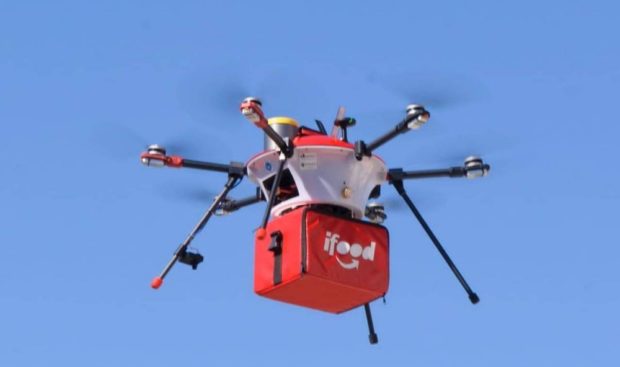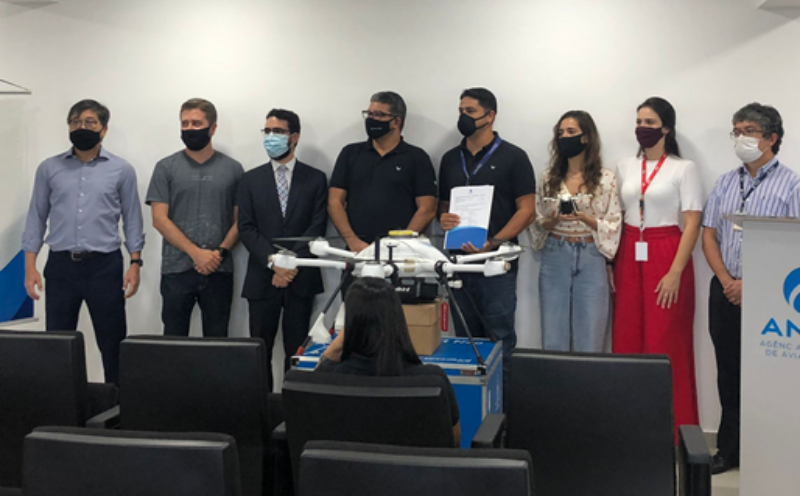The National Civil Aviation Agency (ANAC) authorized the manufacturer Speedbird Aero to carry out commercial drone deliveries in Brazil. This was the first authorization granted by the Agency for the commercial operation of an unmanned aircraft used in the delivery of products.
The authorization enables the remotely piloted aircraft model DLV-1 NEO to operate commercially on BVLOS (Beyond Visual Line of Sight) routes, that is, beyond the pilot’s visual line of sight.
The DLV-1 NEO is also the first multirotor to receive ANAC’s design authorization, which allows drone deliveries to become a reality in the country, to transport food and other products. From now on, Speedbird Aero will be able to use the drone to carry out deliveries with loads of up to 2.5 kg within a radius of 3 km, including in urban environments, maintaining safety margins established in the project, such as not flying over people, keeping distance of possible sources of electromagnetic interference, observe maximum and minimum operating heights and weather conditions.
It is expected that the gain of practical experience and the development of new tools and technological solutions will allow, in the future, increasingly advanced operations with fewer restrictions and in greater volume, while maintaining a high standard of operational safety.
For the Agency’s Airworthiness Superintendent, Roberto José Honorato, the approval of the DLV-1 NEO deserves to be highlighted not only for being the first multirotor approved by ANAC, but also for its application, delivery of goods.
“In the process that led to this approval, technical characteristics were explored, based on safety requirements. The use of drones to deliver goods is one of the most anticipated applications of the technology. Brazil is at the forefront,” he said.
Authorization Process
The design authorization process for the remotely piloted aircraft DLV-1 NEO was developed over eight months of intense work between Speedbird Aero, AL Drones and ANAC. As it is a new and quite challenging type of operation, involving not only the drone design itself, but also operational issues, the work was conducted by the Superintendencies of Airworthiness (SAR) and Operational Standards (SPO) of ANAC for a holistic assessment. and comprehensive of all envisioned security concerns.
Thus, throughout the authorization process, in addition to analyzing various reports such as the Operation Manual, Work Plan, Safety Analysis Report and others, ANAC witnessed four trials with company representatives: three in São José dos Campos/ SP, for the evaluation of the aircraft’s technical characteristics, and a test in Aracaju/SE, for operational evaluation.
Source: ANAC



Congratulations Speed Bird team!